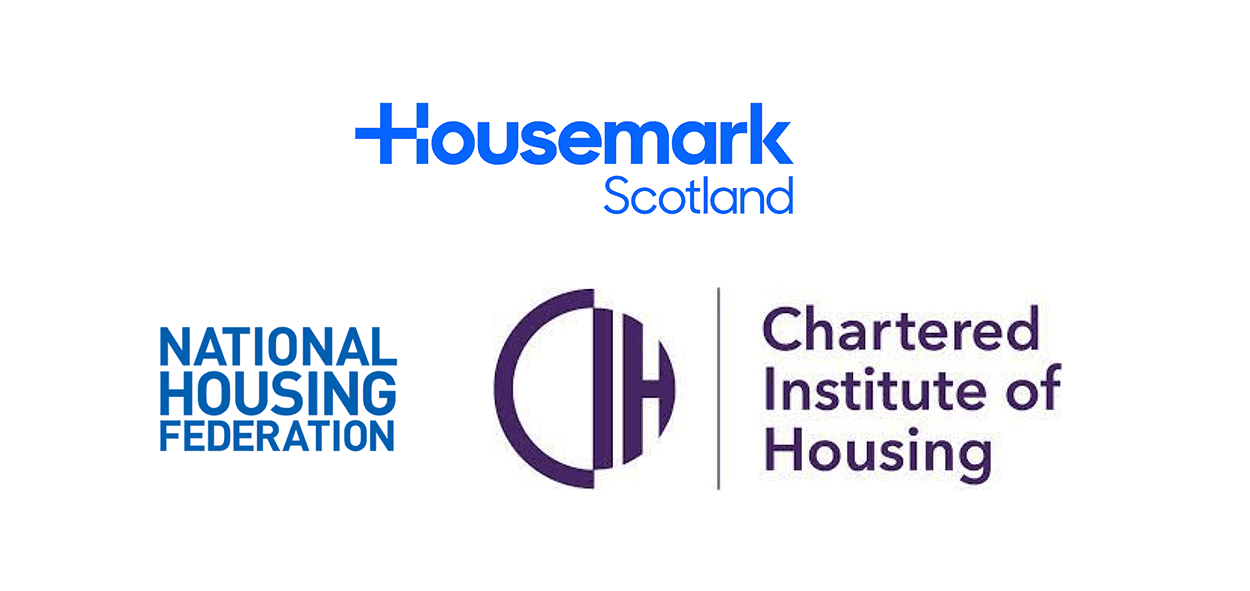Delivering routine repairs has become a difficult process for Scottish social landlords, due to the challenge of finding reliable firms.
By Rob Peck, Chief Commercial Officer at PfH Scotland:
For years, the sector relied on large, multi-trade contractors but the pandemic and economic volatility have re-shaped the market. There are fewer one-stop-shop firms, and for some of those still operating, there have been occasions where reliability and quality has dipped.
One housing association told me that in recent years, three of their multi-trade repairs contractors had failed, with a fourth performing poorly.
Another housing provider spoke about the lack of interest in their repairs tenders and explained that this often led to low levels of service.
I’ve also heard about social landlords appointing contractors who, when faced with the reality of everyday repairs, admit that they don’t have capacity.
These experiences are happening up and down the country and have prompted a group of eight housing associations in Inverclyde, East Renfrewshire and Renfrewshire to take things into their own hands.
The i-Flair consortium, made up of Barrhead, Bridgewater, Cloch, Ferguslie Park, Linstone, Oak Tree, Paisley and Williamsburgh housing associations approached my organisation, PfH Scotland in 2022. They were interested in working with smaller, local tradespeople to deliver routine repairs but needed a robust and compliant procurement route to do so.
One i-Flair member had previously worked with an SME contractor, and it had paid off. From the local area, this tradesman really cared about doing a good job for local people and going the extra mile. He became a familiar face and was trusted by residents and staff. Crucially, he was able to fix issues quickly, first time and with no resident complaints.
The other i-Flair members were keen to test this model and we agreed the best way forward was to create a dynamic purchasing system that contractors could join at any point. Housing associations would have a large pool of approved companies to choose from and there were benefits for contractors, too. They would have guaranteed work but on a rotational basis, so they weren’t overstretched. The tender process was streamlined too. Once a plumber, for example, had passed the selection procedure, they could bid for jobs with less paperwork involved.
The initial selection process, however, did involve paperwork, and this was one of the main hurdles to overcome. Unlike national repairs companies, local firms don’t always have office staff or experience of completing procurement forms.
Together, we tackled the issue by running ‘meet the buyer’ events, bringing local trades into the office, giving them information about the process, and answering questions. They told us where they saw problems – such as IT difficulties, complex jargon and lengthy forms – and we put measures in place.
DPS tender paperwork was designed to be straightforward and concise, whilst still thorough and robust. We wanted to make sure every single contractor reached the necessary standards. Workshops were also hosted so local firms could be easily registered on the DPS portal.
One issue that i-Flair members raised early on was the potential increase in administration. Dealing with a large number of local firms, rather than one big national contractor means more invoices for housing finance teams to process.
This is a risk that the eight social landlords are ready for. It’s early days but results so far show that the value for money generated outweighs any extra in-house administrative cost.
For instance, Cloch Housing haven’t had a single customer complaint about the six local contractors now delivering responsive repairs. Tenants have been complimentary about their customer-focused attitude and the speed of their response. Six apprentices have also been taken on by Cloch’s new repairs contractors, adding to the local economic benefits.
In total 40 contractors have now joined the DPS, and this figure is growing. Over coming months, i-Flair members will evaluate their new repairs model, looking at tenant satisfaction, cost of repairs, first time fix and much more. But feedback so far indicates that this procurement approach might just be the way forward for routine repairs in Scotland.




